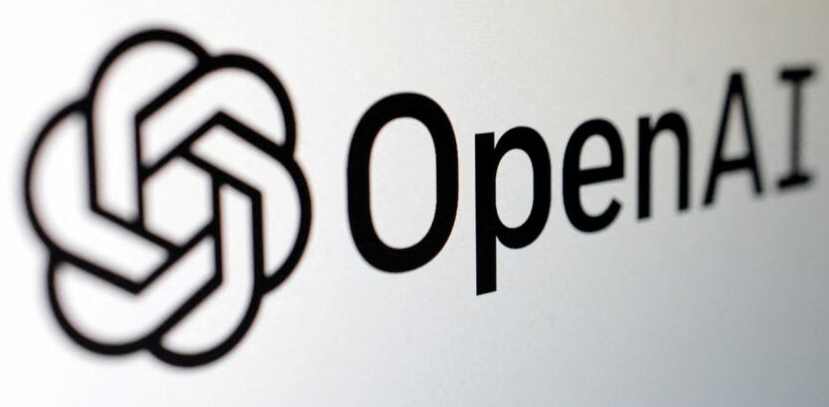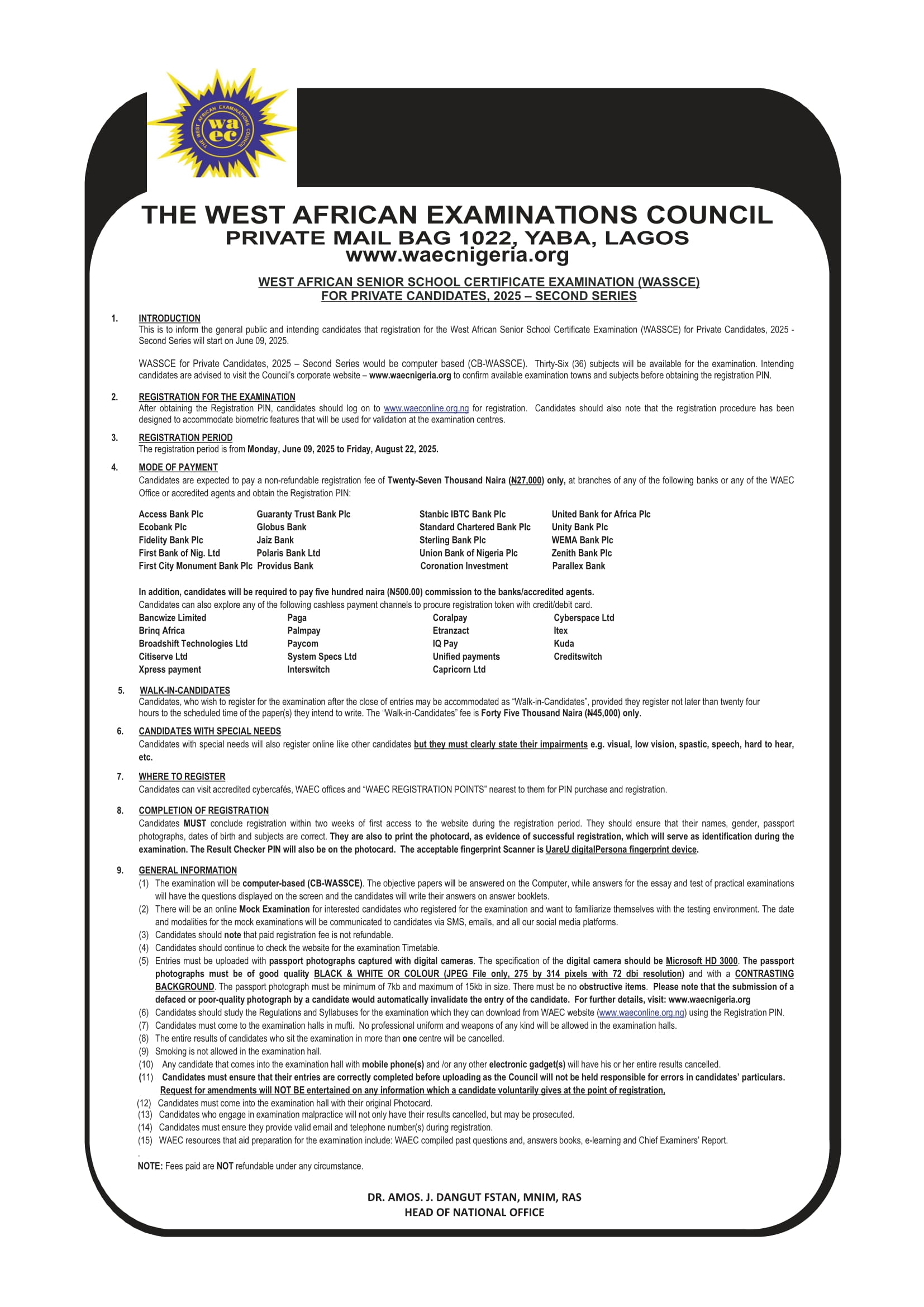
OpenAI
OpenAI Removes Iranian Accounts With ChatGPT to Generate Contents to Influence US Elections

OpenAI has disclosed blocking several ChatGPT accounts linked to Iran with content to imfluence the US presidential election, among other issues.
OpenAI uses ChatGPT primarily to generate long-form articles and social media comments for sites such as Instagram and X.
Most of the social media posts received little to no likes, shares, or comments, according to the artificial intelligence (AI) startup, which claimed that the content failed to elicit any meaningful response.
Also, not much proof has been discovered that the lengthy pieces written with ChatGPT were disseminated on social media.
According to OpenAI, “This week we identified and took down a cluster of ChatGPT accounts that were generating content for a covert Iranian influence operation identified as Storm-2035.
“The operation used ChatGPT to generate content focused on several topics — including commentary on candidates on both sides in the U.S. presidential election – which it then shared via social media accounts and websites.”
Reports say this is not the first time OpenAI has banned accounts connected to actors with ties to the state that are maliciously utilising ChatGPT. The corporation used ChatGPT to sway public opinion during five campaigns in May.
These incidents bring to mind state actors trying to sway past election cycles through the use of social media sites like Facebook and Twitter. These days, comparable (or possibly identical) groups are employing generative AI to spread false content throughout social media platforms.
Microsoft also identified Storm-2035 as one of the threat activity clusters to watch last week. The network is an Iranian one that is “actively engaging U.S. voter groups on opposing ends of the political spectrum with polarising messaging on issues such as the US presidential candidates, LGBTQ rights, and the Israel-Hamas conflict.”
Earlier, the US State Department made a $10 million reward offer for information on the “Blackcat” ransomware group that disrupted insurance payments across the US and targeted the tech division of UnitedHealth Group.
About The Author

